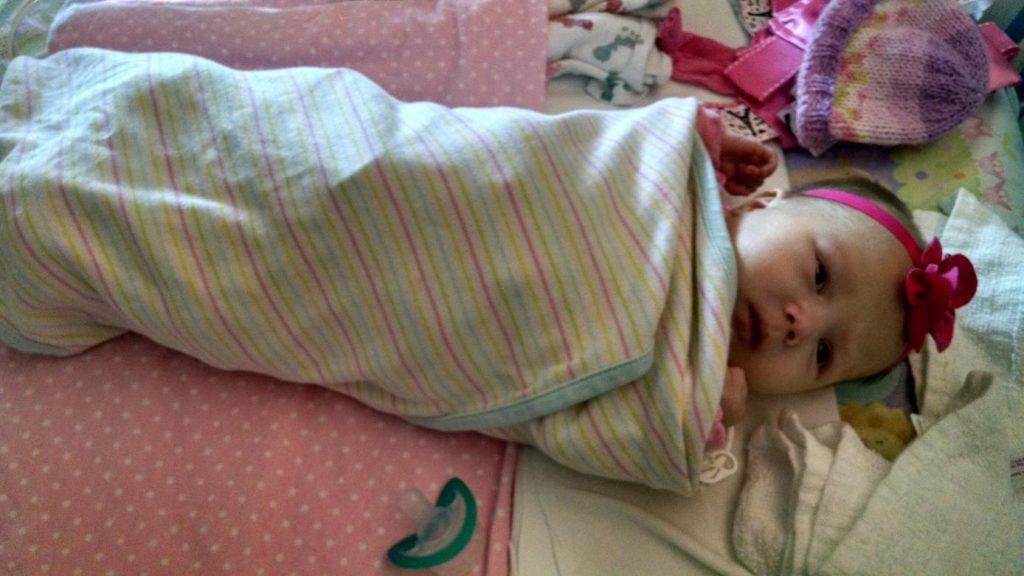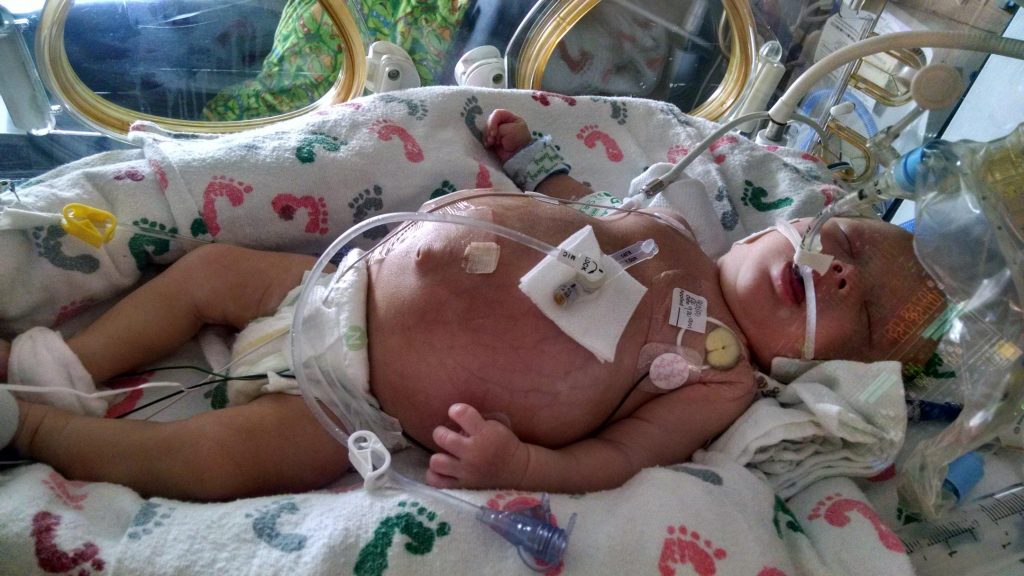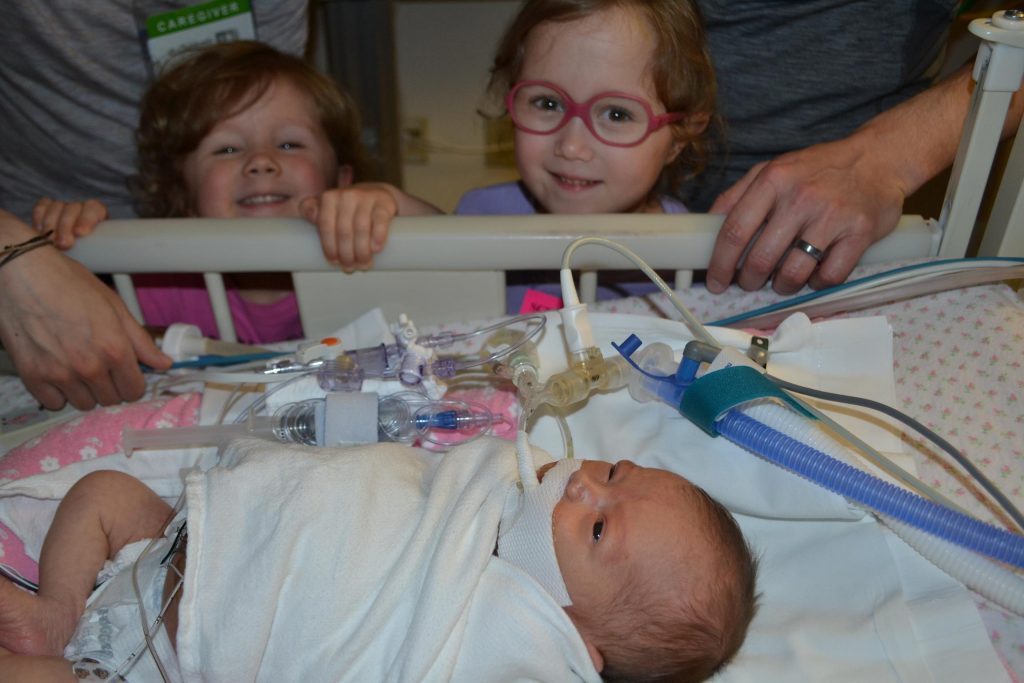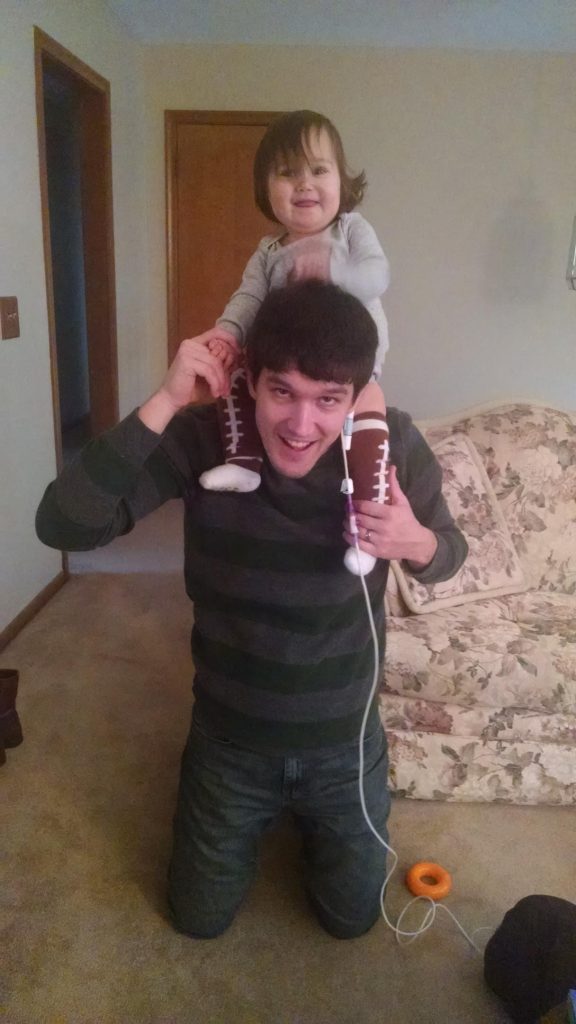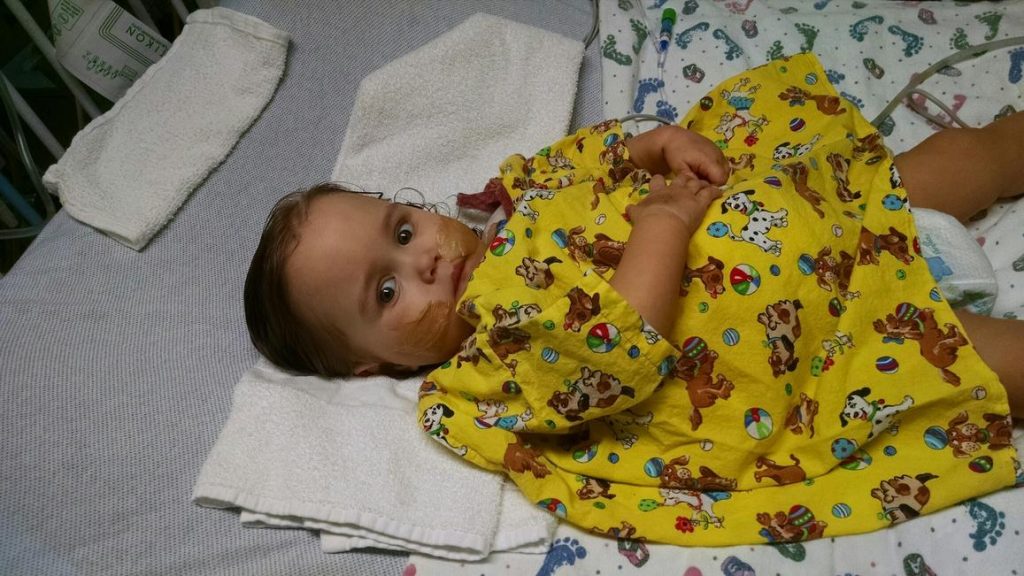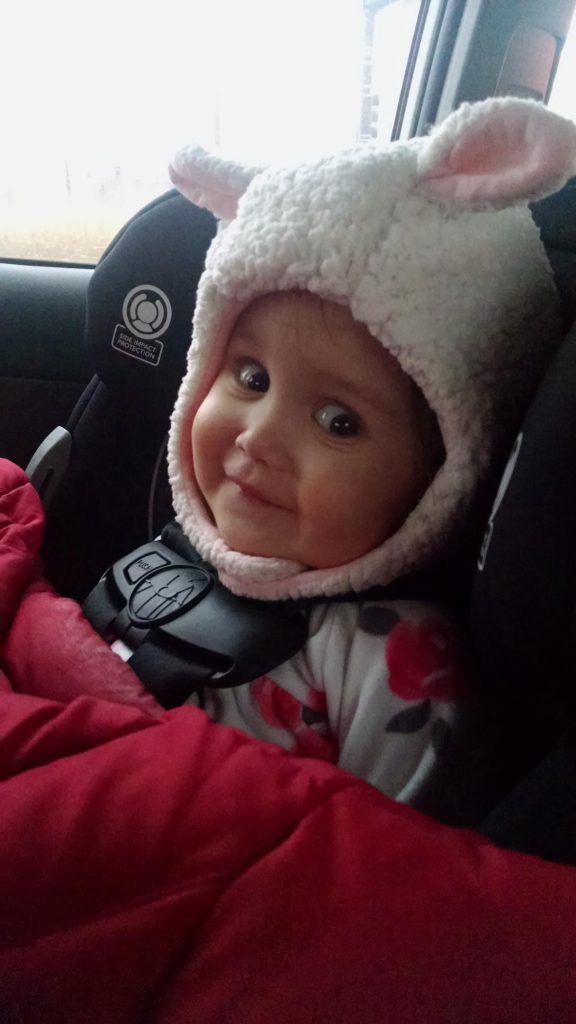When COVID-19 got serious a year ago, we were concerned at first, but felt that it would quickly blow over. E had coronavirus as a baby in the NICU , so we knew that it was a fairly common respiratory virus, even if it was one of the more serious ones. (E ended up on a ventilator for several days after contracting coronavirus then. Very scary.) We thought COVID-19 would just have to run its course over the winter months; we would treat it with the same precautions as we do the flu. We soon realized that we were so wrong. Thinking and worrying about COVID quickly consumed my life.
If you don’t know me personally, let me give some context and explain that my experience of motherhood has always been as the mother of a chronically ill child – we found out that E had kidney disease when I was just 20 weeks pregnant with her. Likewise, I became a Transplant Mom pretty early on in my motherhood journey – E was just 16-months-old when she was transplanted. I was a bit of a germ-o-phobe before having kids, but I became hyper aware of germs and viruses after E’s transplant. Every time someone coughed behind us at church, I would cringe and hope that person was not sitting directly behind us. We regularly screened our family and friends who visited us for symptoms of sickness. We carried hand sanitizer with us every where. We regularly used disinfecting wipes and Lysol spray in our home and only bought antibacterial soap to use in our kitchen, bathroom, and laundry room. This was the normal state of affairs at our house before COVID.
When COVID got bad and things shut down out in the real world, our normal home life didn’t change much. E was used to wearing masks thanks to getting her port accessed regularly for labs (sterile procedures like accessing ports require masks). She was used to not going out much during flu season and we had all the cleaning supplies recommended by the CDC, as you can see above. What changed were our social interactions. We didn’t see family or friends indoors except for my in-laws, who are retired and watch the girls regularly for us, and we only took E out to go to her medical and speech therapy appointments. We stopped going to church in person and started watching services online. My husband went to work, the grocery store, and our local home improvement store. We bought everything else online and did curbside pick-up. It bothered E and M both to be unable to go out on errands, to the library, to church, and on play dates, but their day-to-day home life continued pretty much uninterrupted. Fortunately, they weren’t privy to the internal life of my mind.
Ok, so what is the big deal if our home life didn’t change much and we already had the recommended cleaning supplies during the pandemic? The worry. The worry that we would somehow bring the virus home to E, she would get it bad, and have to be on a vent again. If you’ve never seen a loved one on a ventilator, I hope you never have to. It’s so scary. When E had coronavirus as a baby, it was one of three times when her doctor actually called me to come to her hospital room early in the day because her team was afraid for her. So those scary memories coupled with hyper vigilance about E’s compromised immune system intensified the worry every time I heard that COVID cases were getting worse.
Throughout the pandemic we have always been hopeful that E has antibodies to COVID from her bout with coronavirus as a baby and that those antibodies will protect her. One of E’s nephrologists told me in the summer of 2020 that our transplant team is hopeful that the steroids most of the transplant patients are on will also help with lung function and prevent COVID to some degree. These are good things. But a highly contagious and variable virus going around is not good news for an immunocompromised transplant patient. If E contracts COVID-19, she doesn’t just run the risk of experiencing the now-accepted symptoms and side effects – she could also face rejection and the need for another transplant. I’ll talk about this in depth in another post, but one of the biggest fears for transplant parents is the fear of rejection. So, if I’m worried about protecting E from contracting COVID and potential rejection, I’m going to do everything I can to keep her healthy and safe. And if I’m working to keep E healthy and safe, then my logic is that I’m also doing my part to keep the other people in my life healthy too.
In the fall of 2020, we chose to homeschool E to keep her healthy, as I’ve discussed in a previous post. We’ll continue to homeschool her for the upcoming school year as well since we don’t know when she’ll be able to receive the COVID vaccine. Last summer, we saw family and friends outside if they did not exhibit symptoms and hadn’t had any known contact with someone who was COVID-positive. My husband and I both received our COVID vaccines as soon as we could, and are now fully vaccinated. In light of that, we felt we needed to update our visiting policy for this summer. We will keep E home as much as possible and she’ll only do trips if she can be outside – e.g., to local state parks. Vaccinated adults may come visit us as long as they’re healthy, and play dates with kids outside may happen if the kids are 10-days out of daycare or school and are symptom-free. We are not allowing non-vaccinated adults to visit. We understand there are those out there with concerns about the vaccine, but we simply do not want to jeopardize E’s health.
I admit, I’ve had a hard time understanding the people who are against wearing masks during the pandemic, observing social distancing rules, or getting the vaccine. I’ve felt that regardless of if you have a fragile friend or family member in your life, why not just do your part so we can achieve herd immunity faster? To me, it seems simple: the faster we achieve herd immunity, the faster we go back to a semblance of normal, the better our hospitals can treat patients, and the better we protect those most vulnerable. My husband is quicker to understand those hesitant or resistant to wearing masks, social distancing, and getting vaccinated. He has pointed out on many occasions that COVID is like the flu – it’s a virus that mutates and can’t be completely eradicated. Getting a COVID shot in the future will probably be like getting your flu shot every year. Those who get the shot will be the ones most likely to be negatively affected by the virus, and the shot may not prevent vaccinated people from getting infected anyway. Most of those who get vaccinated probably do it with the hope that they don’t get as sick or to protect people they love. Healthy people with no pre-existing medical conditions or vulnerable people in their lives may not see the small risks of side effects of the vaccine as worth it because their bodies are most likely able to fight off an infection just fine. My husband also pointed out that my altruism is colored by being a Transplant Mom. He might be right to some degree, but I’d like to think I would still do my part to protect others even if E was not vulnerable.
So I’m trying my best to be patient with and understanding of those with different viewpoints on the vaccine. I try to remember that if you don’t have an immunocompromised loved one, you don’t fully comprehend the terror that accompanies the prospect of a communicable, potentially severe infection. It’s hard to be patient sometimes though. I often feel that if more people would’ve been considerate of the vulnerable part of the population, the pandemic wouldn’t have gotten quite so severe and we would be further along on the road back to normal than we are now. My husband and I are happy to be vaccinated and are grateful for all the people we know who have gotten the vaccine or are getting it. But COVID isn’t over for us. Just because my husband and I can go out and be relatively safe doesn’t mean the risk is over for our family. We know that until E can get her vaccination, the risk continues for us – hence our new visitation policy and ever-present vigilance against infection. In the end, I would ask that if you are one of those people who are hesitant about the vaccine, masking, or social distancing rules, try to remember families like ours and people like E. We want to be able to live normal lives again too. We can’t do that without help from people like you. So please help us by respecting our spaces and choices, and please do whatever small part you can to stop the spread so we can all get back to going out and seeing those we love.
